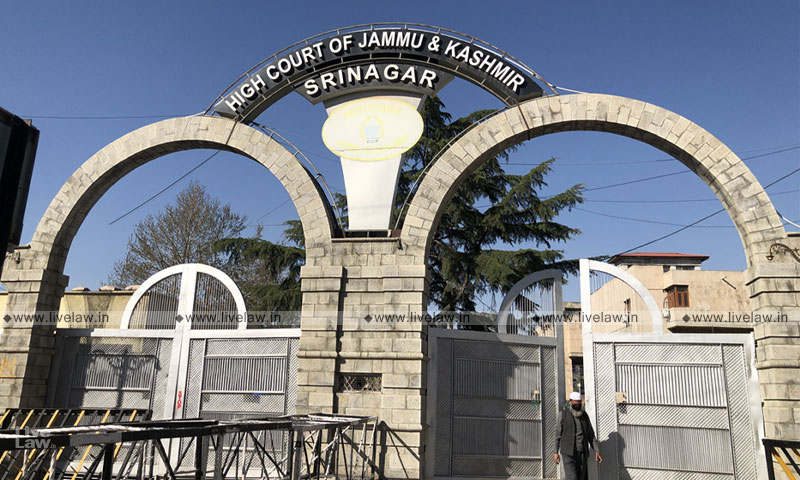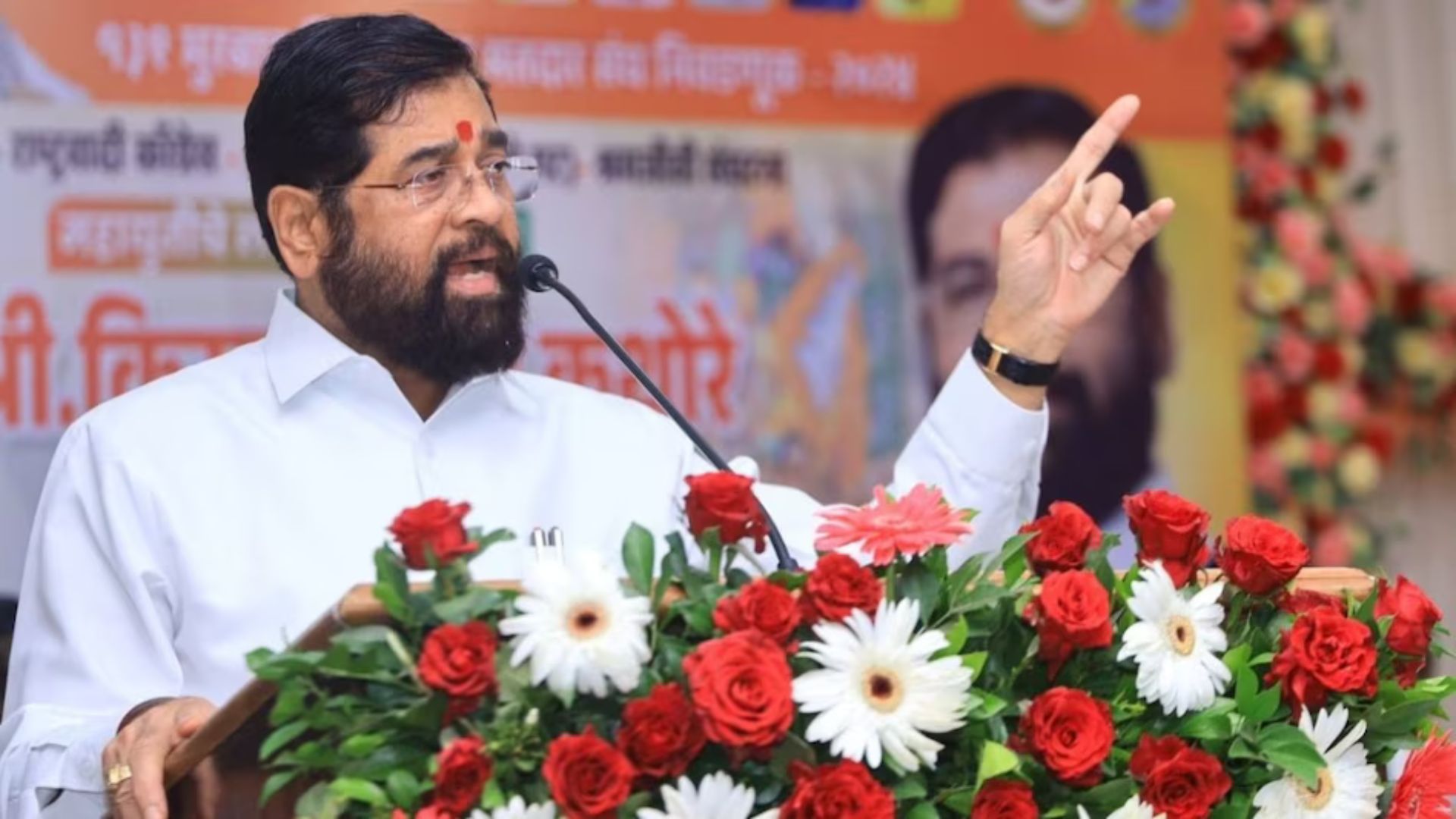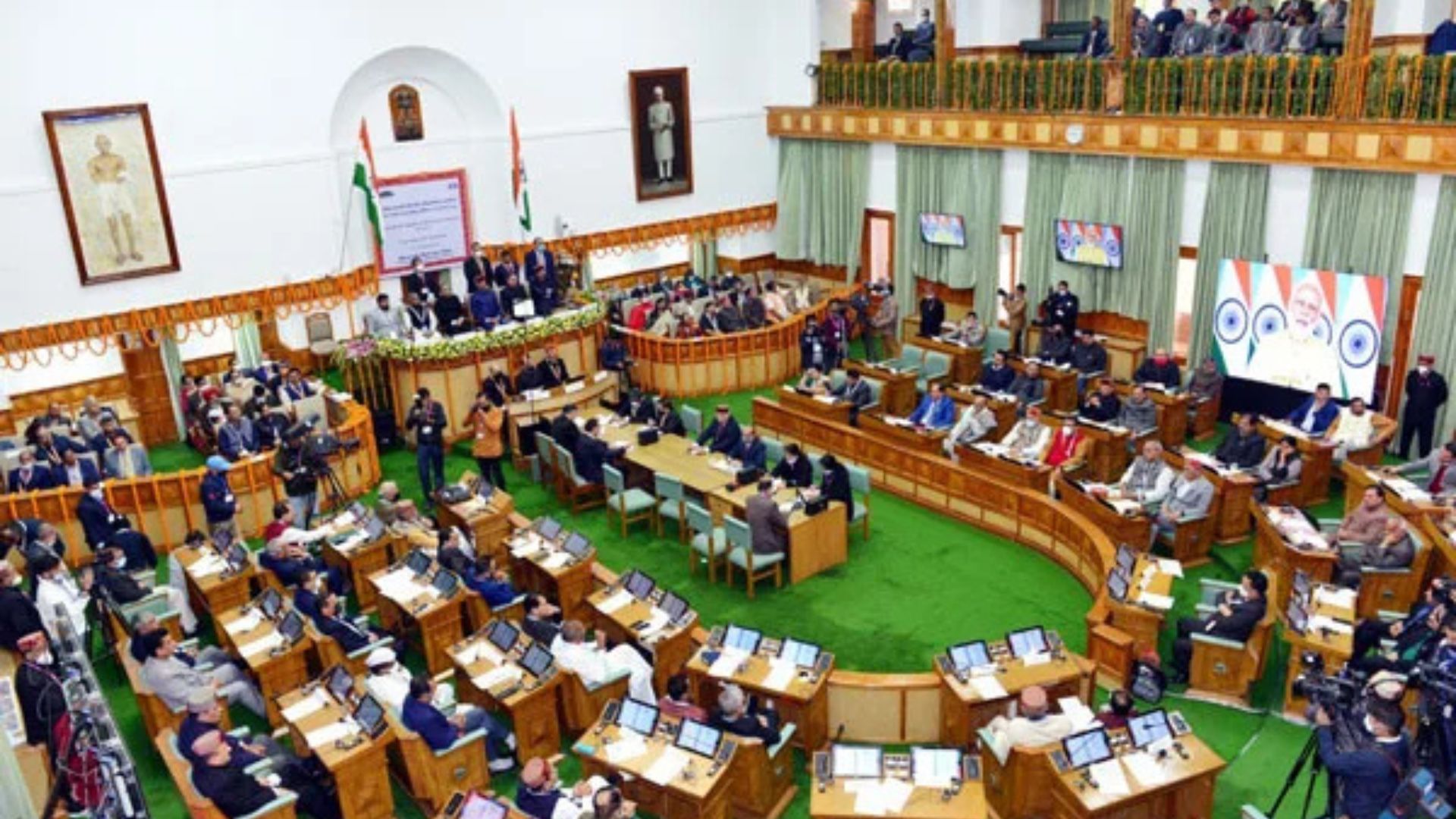
The Jammu and Kashmir and Ladakh High Court in the case UT of J&K Vs X observed and has held that the protection of minors in cases which involves false allegations of rape the Jammu and Kashmir and Ladakh High Court has held that a minor cannot be prosecuted for perjury for making false allegations of rape.
The bench headed by Justice Rajesh Oswal while citing section 22 of the Protection of Children from Sexual Offences Act, POSCO Act protecting the children from punishment for false information observed that perusal of the Section 22(2) of the Protection of Children from Sexual Offences Act would reveal that if a false complaint has been made or false information has been provided by a child and no punishment shall be imposed upon such child.
In the present case, the court was hearing an appeal whereby the appellant, Union Territory of Jammu and Kashmir had challenged the order of the Principal Sessions Judge, Udhampur, which had refused to take action against the respondents as stated under Section 340 of the Code of Criminal Procedure, Cr.P.C for perjury.
Therefore, the respondent girl who being minor at the time of the alleged assault, had filed a complaint with the police in 2020, accusing a man of sexually assaulting her. Thus, during the investigation, the girl and her parents made statements to the police supporting the allegations.
However, the girl and her parents resiled from their earlier statements and claimed that the allegations were false. The appellant argued before the court that the girl and her parents should be prosecuted for perjury for making false statements.
It has also been contended by them that the girl’s initial complaint and the statements made to the police constituted false information, and that the girl and her parents had deliberately misled the court.
On the other hand, the counsel, Mr. Rajat Gupta appearing for the respondent contended before the court that the statements were not false, and therefore, the trial court’s decision was justified.
The bench of Justice Oswal in the case observed and has highlighted that Section 22(2) of the POCSO Act explicitly protects children from prosecution for false complaints or information.
It has also been emphasized by the court that the minor prosecutrix, being 17 years old, falls under the protective ambit of this section and cannot be prosecuted for perjury.
The court observed that the prosecutrix was admittedly 17 years of age, meaning thereby she was a minor child and because of this reason only the accused was prosecuted for commission of offence under Section 4 of POCSO Act and once the special Act prohibits the punishment of a child in respect of false information provided by a child, the child cannot be prosecuted for commission of offence of perjury.
The court while considering the facts and circumstances of the case stated that to charge someone with perjury, it must be established that the false statement was made deliberately and consciously. In the said case, the lack of unimpeachable evidence and the fact that the respondents were minors or non-witnesses contributed to the dismissal of the appeal. Accordingly, the court dismissed the appeal.














